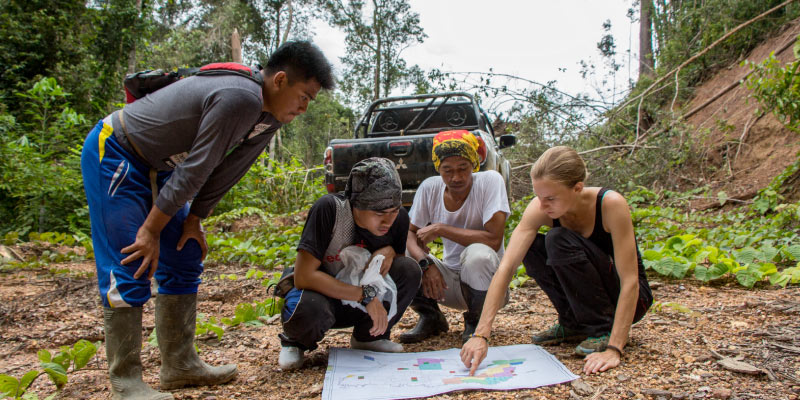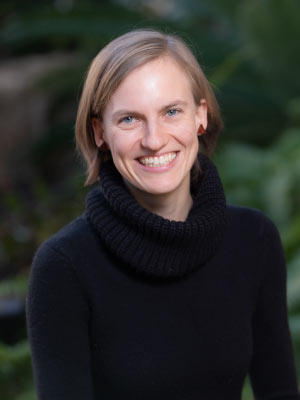
Nelson Institute Center for Sustainability and the Global Environment (SAGE) and Department of Forest & Wildlife Ecology assistant professor, Zuzana Buřivalová is the 2021 recipient of the Nature Award for Driving Global Impact (DGI). This award, which includes a $30,000 prize, recognizes Buřivalová ‘s efforts to further biodiversity protection in tropical forests.
“We are proud of Zuzana’s trailblazing work, for its ingenuity and commitment as well as its impact,” said associate scientist and the director of SAGE, Carol Barford.
Buřivalová, is the principal investigator for the Sound Forest Lab at the University of Wisconsin- Madison and has focused much of her research on soundscapes, which is defined as a sound or combination of sounds that forms or arises from an immersive environment. Through her research, Buřivalová is working to better understand how human behavior is impacting biodiversity within tropical rainforests.

According to Buřivalová, about half of all terrestrial species can be found in tropical forests, so gaining a greater understanding of how these species are being impacted will be a positive step toward the conservation of biodiversity. Buřivalová is also interested in using soundscapes to learn which conservation strategies succeed and fail in tropical forest conservation, and where traditional field methods are not sufficient.
Additionally, Buřivalová recently published the online children’s book What does the rainforest sound like? A Sound Forest Lab Story. This book includes detailed illustrations and the accompanying sounds of common as well as rare animals heard throughout the Borneo rainforest. Meant to be an eye-catching and ear-catching, educational tool, the book is ideal for ages six to 12, but will capture the attention of anyone interested in the sights and sounds of the rainforest.
“I am honored and humbled to have been selected for the award,” said Buřivalová. “I work on biodiversity conservation in tropical forests, and this award comes at a very opportune moment. The COP climate summit in Glasgow just finished earlier this month, and it’s clear that nature-based climate solutions are an important way forward. With this award I will research how we can work towards tropical forests that not only lock in carbon, but that are also able to serve communities and support the rich biodiversity. I would also like to express gratitude to all my mentors as well as both my departments for supporting me and my lab’s applied conservation work.”